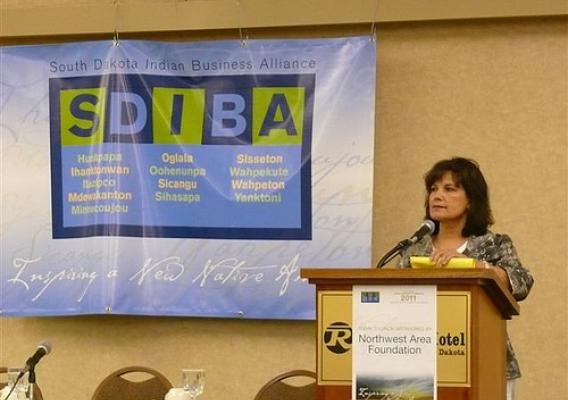As Associate Administrator of USDA’s Risk Management Agency (RMA), one of my duties is to lead all-employee meetings with the Agency’s field offices across the country. During my travel, I often visit local projects and success stories in agriculture that have connections with USDA projects. Recently, I visited one of RMA’s outreach partners in Raleigh, North Carolina— the Longview School and Inter-faith Food Shuttle.
RMA is funding this unique urban agriculture project through a current partnership agreement with the North Carolina Farm Transition Network. The project, in coordination with Patrick Faulkner, Longview FFA Chapter, and Sun Butler of Inter-faith Food Shuttle, provides hands-on training for students and the community on managing risks associated with gardening and horticulture, improving health, building collaborations, reducing hunger, and potentially, enhancing career skills related to the local food system and the food value chain. As a part of this project, Mr. Faulkner has taken students to on two field trips for educational purposes: A national workshop on growing food at Growing Power in Milwaukee, Wis., with Will Allen, and a trip to Washington, D.C., for the National FFA Leadership Conference.






